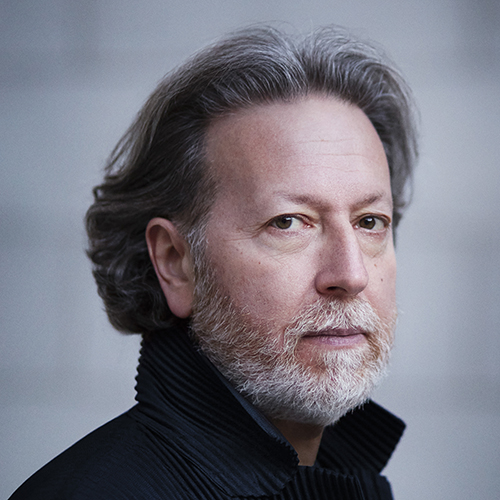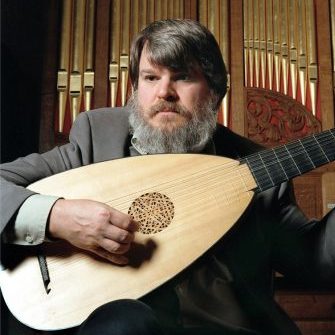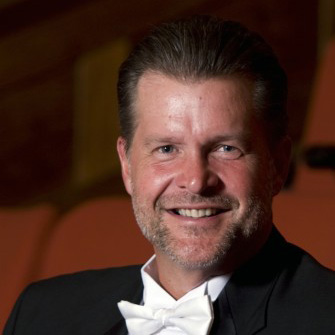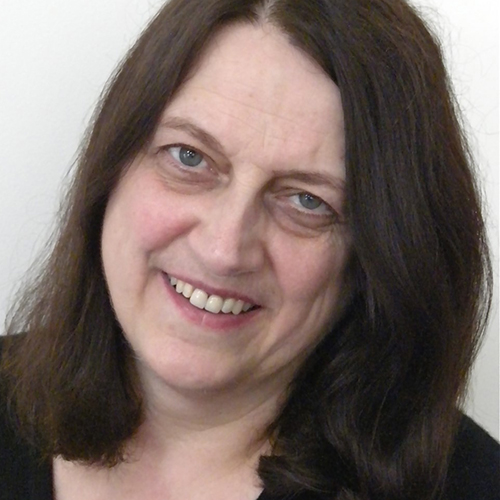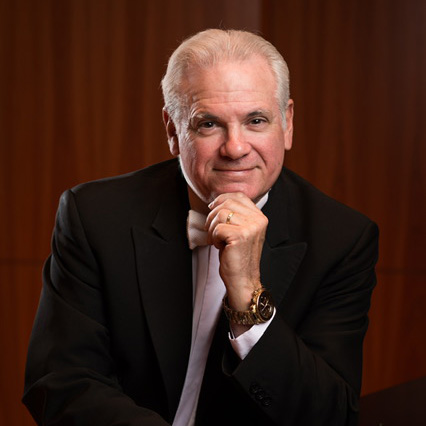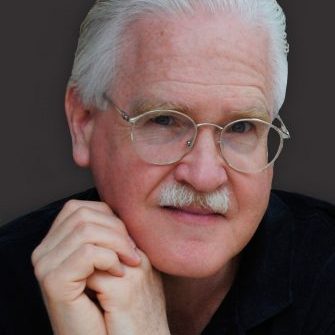Christel Thielmann
Assistant Professor of Conducting & Ensembles
BIOGRAPHY
Assistant Professor in Conducting and Ensembles, and co-director of the Eastman Collegium. Musicum, Christel Thielmann, is a recipient of the Thomas Binkley Collegium Director’s Award and Eastman’s prestigious Eisenhart Award for Excellence of Teaching.
She directs the Collegium Baroque Orchestra, the Collegium Viol Consort and early wind ensembles, runs the Baroque Chamber Music program, and teaches viola da gamba and recorder. Fulfilling the important role of a resource person, she also provides stylistic coaching for modern players of all instruments.
Before joining the faculty at Eastman, she served as viol instructor and viol ensemble director in the thriving Early Music Program of York University’s eclectic music department, and as recorder instructor at the University of Guelph. She has taught at summer workshops at the University of Victoria and UBC Vancouver, and at the Conclave of the Viola da Gamba Society of America. She has guest taught for the Juilliard Program in Historical Performance and teaches at the summer Corso di Musica Antica di Urbino, Italy.
As performer on both viola da gamba and recorder, she toured extensively throughout the US, Canada and Europe with the Gramophone-nominated Musicians of Swanne Alley and was a founding member of the Hart House Consort of Viols resident at the University of Toronto. She has appeared with Fretwork, the Parley of Instruments, the Hilliard Ensemble, Redbyrd, Tafelmusik, the Toronto and Newberry Consorts, Parthenia, and the Boston Early Music Festival Chamber Ensemble and Orchestra. She has performed at leading North American and European early music festivals, including the Regensburg, Bremen, Barcelona, Utrecht, Indianapolis, Vancouver and Boston Early Music Festivals as well as on the English Early Music Network, and the Aldborough and Edinburgh Festivals.
Christel Thielmann has recorded for radio and television including the BBC, CBC, NPR, Westdeutscher and Norddeutscher Rundfunk, Radio France, Hungarian Radio and Danish television. She has appeared on St. Paul Sunday Morning, Nachtmusik, Boston WGBH, and Arte.de, CBC’s Music to See, and CBS Morning America.
She has also recorded for numerous record labels: Virgin Classics, harmonia mundi USA, Erato, Hyperion, Centaur, Focus, and CBC Records. Notable projects include the Grammy-winning CD of Charpentier’s La Descente d’Orphée aux Enfers with the Boston Early Music Festival Chamber Ensemble on CPO, and an album of lute and lyra viol songs with Jan DeGaetani and Paul O’Dette on Pantheon. She has also produced several award-winning CDs for harmonia mundi USA and Astrée, and for Bis and Nonesuch.
Her early studies of the viola da gamba began at the Banff School of Fine Arts summer programs with Peggie Sampson, followed by private studies in Stuttgart, Germany on recorder and flute- (Gerhard Braun) and viola da gamba- (Lore Kaiser.) She began her formal studies at the University of Alberta in Edmonton and continued at York University in Toronto- (Peggie Sampson, viol, Hugh Orr, recorder) where she graduated with an Honours BA. While attending summer programs at the Oberlin Baroque Institute on a Canada Council Grant- (studying with August Wenzinger and Cathy Meints, viola da gamba), she was invited to continue her studies at the Schola Cantorum Basiliensis in Switzerland with Hannelore Müller and with the Studio der Frühen Musik.
Beyond her formalized study, a major musical and stylistic influence on her development as a performer/teacher was another leading figure of the revival of the viola da gamba, Wieland Kuijken, with whom she had the opportunity to study privately and in masterclass. She credits much of her understanding of efficient technique to Patrick O’Brien, lutenist/guitarist and technique clinician extraordinaire. His groundbreaking work on developing physiologically sound methods to injury-free use of muscles and tendons sparked her lifelong interest in developing new teaching methods.
Her experience playing and coaching a variety of instruments and her passion for problem solving has led her to draft a comprehensive book about the universal principles of making and teaching music. For the Love of Music explores how one can unlock musicality and technical facility through a multitude of approaches to music making and learning––from the concrete perspectives of physics and physiology, to the creative mental approaches of imagery and psychology––with special emphasis on the relevance of historical performance practices. She also contributes to the “Ask your Viol Teacher” column in the Viola da Gamba Society of America Newsletter.

